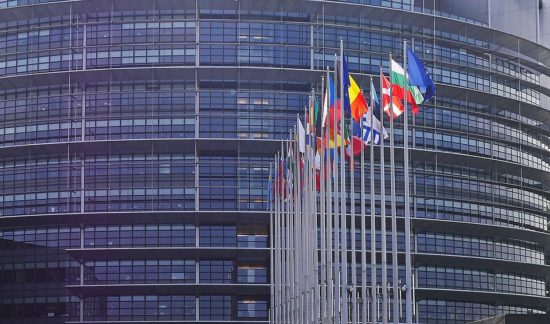EC: Reform of the pharmaceutical legislation and measures addressing antimicrobial resistance
For over 50 years, the EU pharmaceutical legislation has set the highest standards of quality, safety and efficacy for the authorisation of medicines while promoting the functioning of the internal market and a competitive pharmaceutical industry. However, ongoing transformations together with the lessons learned from the COVID-19 pandemic and Russia’s brutal invasion of Ukraine, call for resolute action to modernise the EU’s pharmaceutical framework to make it more resilient, fair and competitive.
Today medicines authorised in the EU are not reaching patients quickly enough and are not equally accessible for patients in all Member States. There are significant gaps in addressing unmet medical needs, rare diseases and the development of new antimicrobials to tackle the growing problem of antimicrobial resistance (AMR). Furthermore, high prices for innovative treatments are a challenge to ensuring timely and affordable access to medicines. Shortages of medicines are also a growing concern, which can have serious consequences for patients.
To remain an attractive place for investment and a world leader in the development of medicines, the EU needs to adapt the regulatory system to developments such as the digital transformation and new technologies to administer medicines to patients. To support EU competitiveness, it is necessary to reduce administrative burden and streamline procedures. Addressing the environmental impact of medicines is important to align this initiative with the objectives of the Green Deal and green economy.
AMR NEWS
Your Biweekly Source for Global AMR Insights!
Stay informed with the essential newsletter that brings together all the latest One Health news on antimicrobial resistance. Delivered straight to your inbox every two weeks, AMR NEWS provides a curated selection of international insights, key publications, and the latest updates in the fight against AMR.
Don’t miss out on staying ahead in the global AMR movement—subscribe now!






